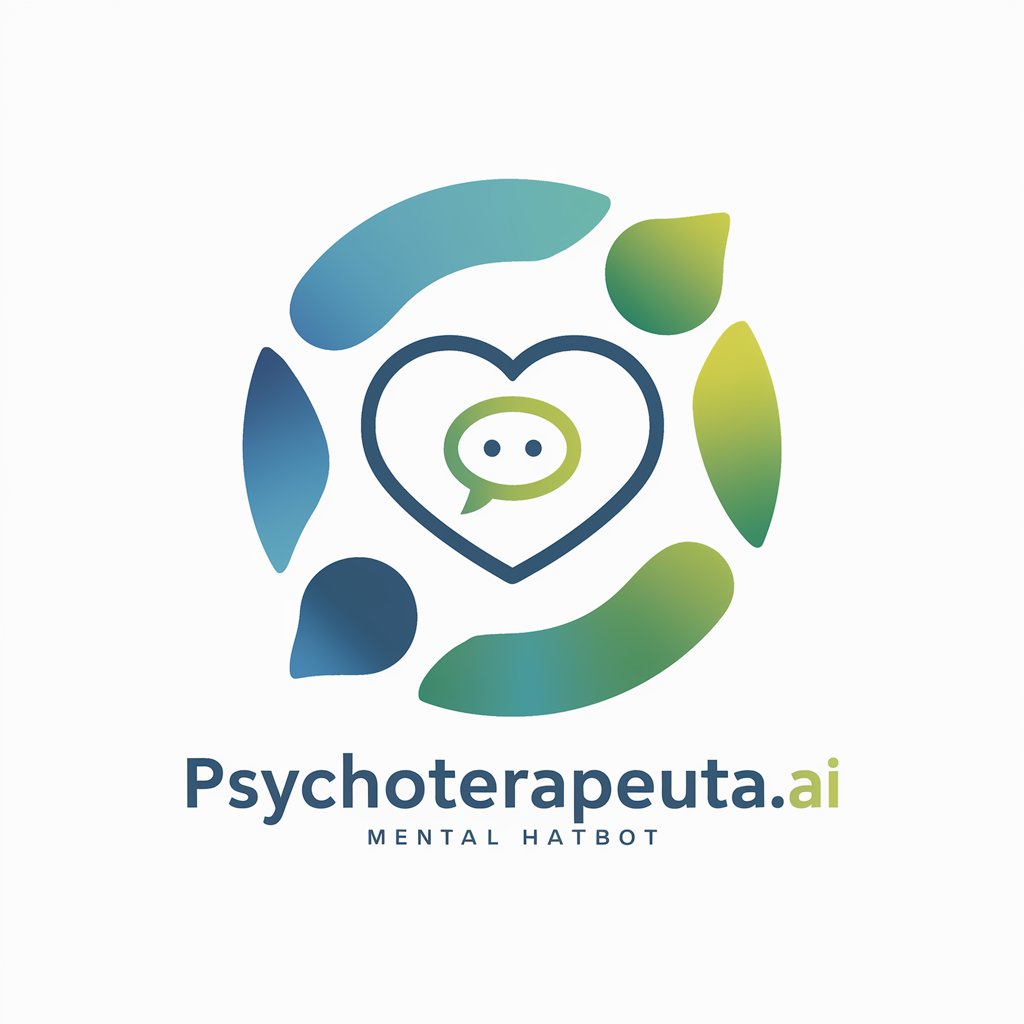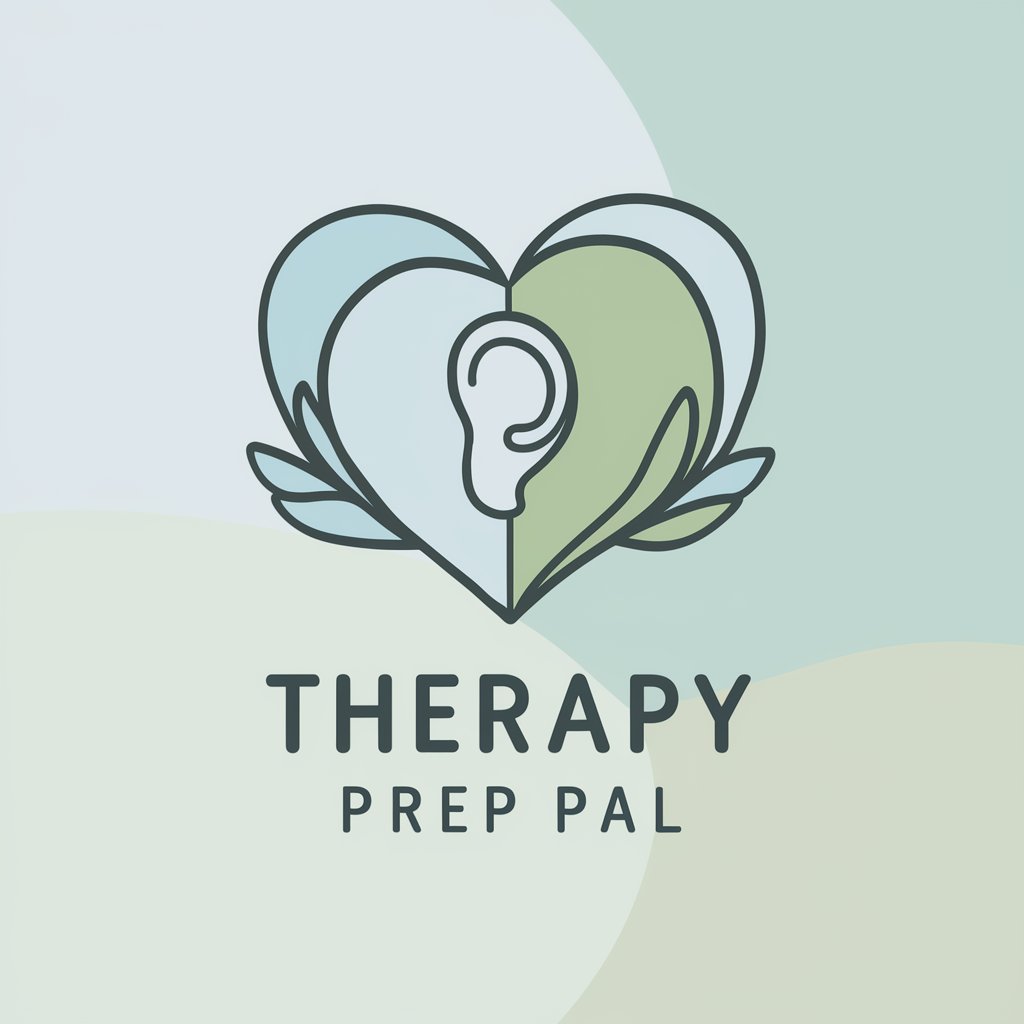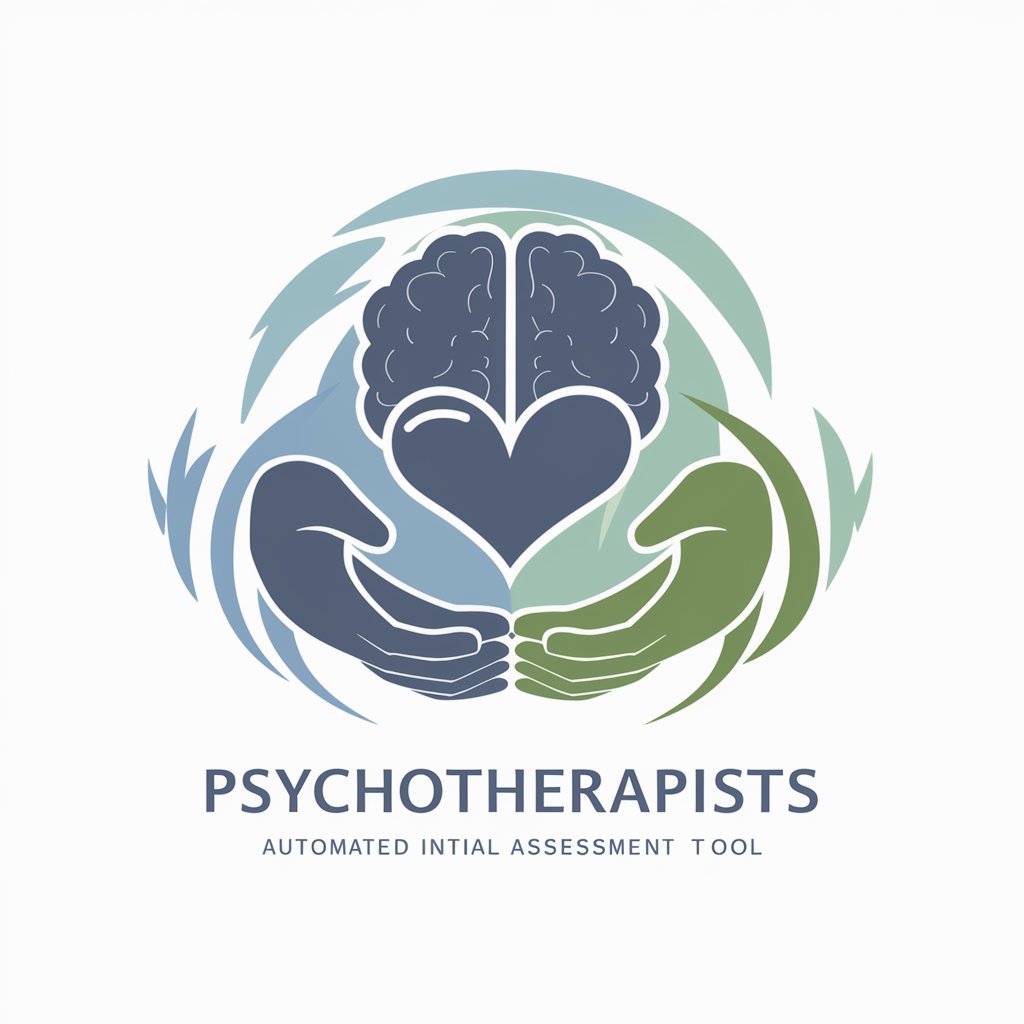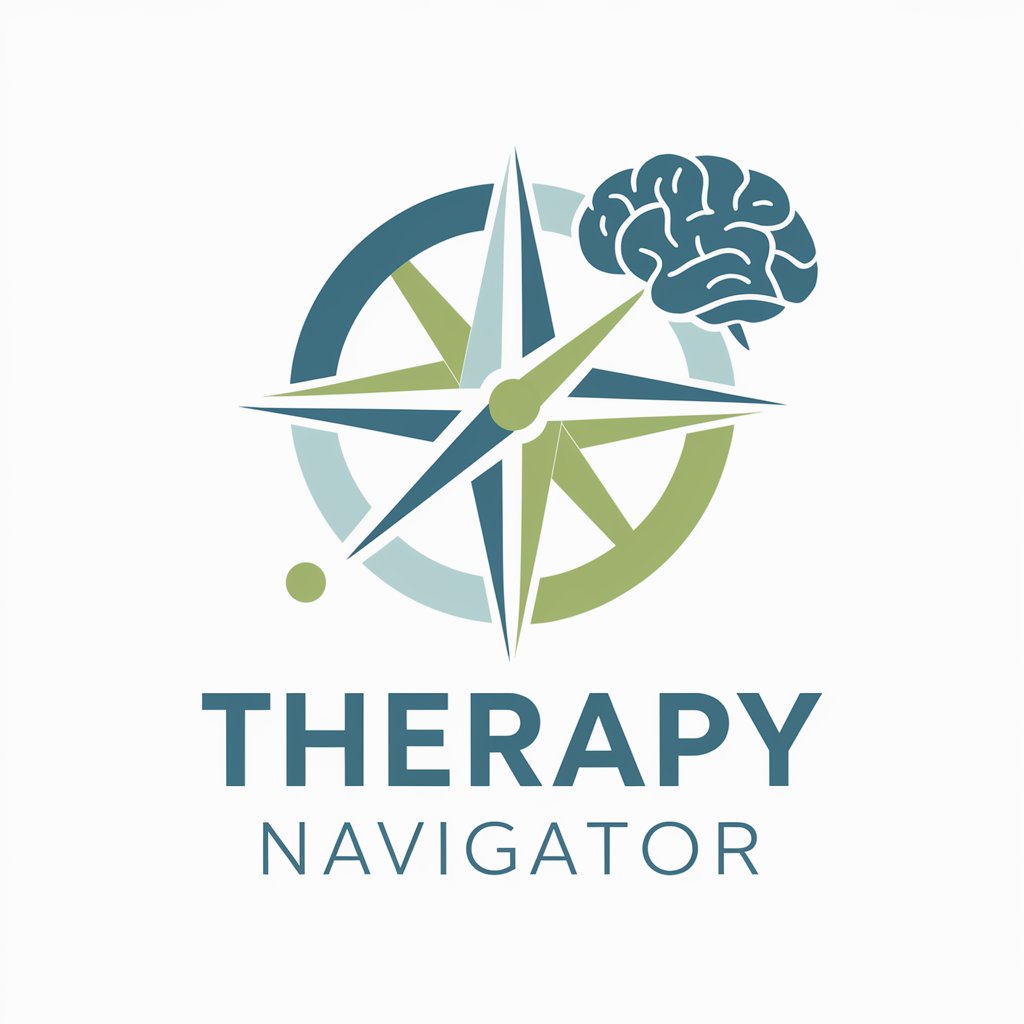4 GPTs for Therapy Preparation Powered by AI for Free of 2026
AI GPTs for Therapy Preparation are advanced tools designed to assist in the preparation and facilitation of therapeutic sessions. Utilizing Generative Pre-trained Transformers, these tools are adept at understanding and generating human-like text, making them invaluable for creating tailored therapy materials, patient assessments, and therapeutic strategies. Their relevance lies in their ability to provide personalized and contextually appropriate content, enhancing the efficacy of therapy sessions.
Top 4 GPTs for Therapy Preparation are: Psychoterapeuta.ai,Therapy Prep Pal,Psychotherapy Initial Assessment Tool,Therapy Navigator
Psychoterapeuta.ai
AI-powered mental health reflection guide

Therapy Prep Pal
Reflect, Prepare, Grow with AI

Psychotherapy Initial Assessment Tool
Streamlining Therapy with AI-Powered Assessments

Therapy Navigator
Navigate Your Path to Mental Wellness

Key Attributes of AI Therapy Assistants
These GPTs stand out for their adaptability across various therapy-related tasks, from generating patient-specific scenarios to offering insights on psychological theories. Special features include natural language understanding for empathetic interaction, technical support for therapy professionals, and the capability to integrate with existing digital health records. Their flexibility allows for use in diverse therapeutic settings, making them a versatile tool in mental health care.
Who Benefits from AI-Driven Therapy Tools
The primary users of these AI tools include psychotherapists, counseling professionals, and mental health practitioners seeking to enhance therapy preparation and delivery. Additionally, individuals with no coding expertise can leverage these tools for self-help or preliminary therapy guidance, while developers in the mental health tech space can customize the tools for more specific applications, broadening their utility.
Try Our other AI GPTs tools for Free
Keyword Performance
Discover how AI GPTs revolutionize keyword performance analysis for SEO, offering predictive insights, trend analysis, and content optimization strategies to enhance online visibility.
Site Engagement
Enhance your website's interactivity and user engagement with AI GPT tools. Tailored solutions for dynamic content generation and intelligent interactions that keep visitors engaged.
Cryptocurrency News
Explore the forefront of cryptocurrency market analysis with AI GPTs for Cryptocurrency News, offering tailored insights, real-time updates, and predictive analytics to navigate the volatile crypto space effectively.
Tech Developments
Discover how AI GPTs for Tech Developments are revolutionizing the tech industry, offering tailored solutions for coding, technical support, and innovation.
AWS Services
Discover how AI GPTs for AWS Services revolutionize cloud management with intuitive AI solutions, automating tasks and optimizing resources for all user levels.
Package Customization
Explore AI GPTs for Package Customization, the next-gen AI tools designed to automate and refine the customization of software packages, making them an indispensable asset for developers and professionals.
Expanding Horizons with AI in Therapy
AI GPTs are revolutionizing the field of mental health by offering scalable, personalized solutions that complement traditional therapeutic methods. Their user-friendly interfaces make them accessible to a wide range of users, while their integration capabilities mean they can easily become a part of existing therapeutic workflows, enhancing the overall quality and effectiveness of mental health care.
Frequently Asked Questions
What exactly are AI GPTs for Therapy Preparation?
AI GPTs for Therapy Preparation are digital tools that leverage artificial intelligence to support the planning and execution of therapeutic sessions, creating personalized content and strategies for mental health professionals.
How do these tools personalize therapy sessions?
By analyzing patient data and session feedback, these AI tools can generate tailored therapeutic content and suggestions, aligning closely with individual patient needs and therapy goals.
Can non-professionals use these AI tools for self-help?
Yes, certain versions of these tools are designed for laypersons, offering guided self-help and preliminary mental health support, though they're not a substitute for professional therapy.
Are there customization options for developers?
Absolutely. Developers can access APIs and programming interfaces to tailor the AI's functionality for specific therapeutic applications or to integrate with existing healthcare systems.
Do these AI tools respect patient confidentiality?
Yes, these tools are designed with privacy and confidentiality in mind, adhering to healthcare data protection standards to safeguard patient information.
How do AI GPTs enhance the therapy preparation process?
They streamline the creation of therapy materials, offer insights based on the latest psychological research, and provide scenario-based simulations for better session planning.
Can these tools integrate with electronic health records (EHRs)?
Many AI GPTs for Therapy Preparation are built with the capability to integrate seamlessly with EHRs, allowing for a more coordinated and efficient healthcare experience.
What sets these AI tools apart from traditional therapy preparation methods?
Their ability to process and generate complex, personalized content rapidly and their adaptability to various therapeutic contexts make them more efficient and versatile than traditional methods.